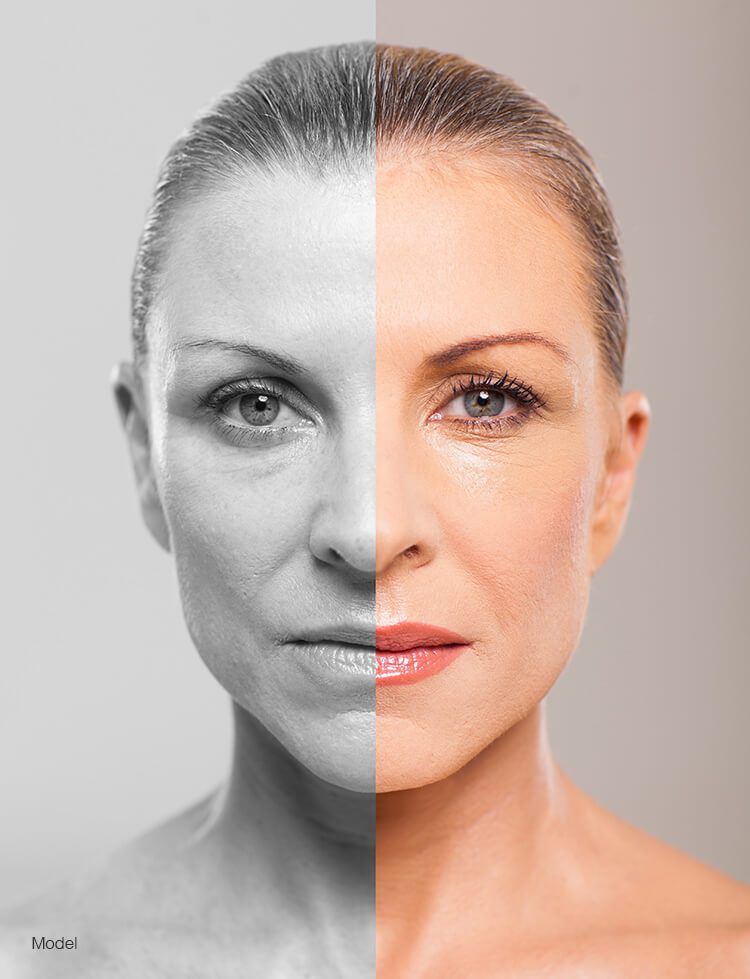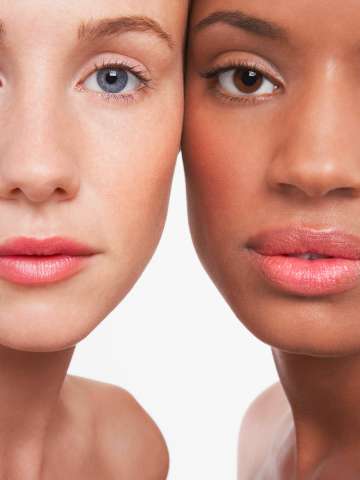Facelift Rancho Cucamonga: Turn Back the Clock with Advanced Anti-Aging Solutions
Facelift Rancho Cucamonga: Turn Back the Clock with Advanced Anti-Aging Solutions
Blog Article
Exploring the Emotional and Social Factors That Drive Individuals to Take Into Consideration Aesthetic Surgical Treatment as a Method of Improvement
The choice to go after cosmetic surgery frequently expands past simple looks, intertwining with social and mental characteristics that merit thorough exam. Elements such as self-worth, prevalent societal elegance requirements, and the pervasive impact of social media assemble to shape specific motivations for medical enhancement.
The Role of Self-worth
Self-worth substantially affects a person's decision to seek cosmetic surgery. People with reduced self-esteem frequently regard themselves in an unfavorable light, resulting in sensations of inadequacy concerning their physical appearance. This adverse self-perception can drive them to seek medical treatments as an approach of boosting their self-image. The wish for improvement in one's appearance is regularly connected to an idea that such modifications will elevate their total self-respect and self-confidence.

Inevitably, the duty of self-esteem in the decision-making process concerning plastic surgery highlights the complex interplay between body picture, personal satisfaction, and mental wellness. Understanding this connection is vital for health care specialists to guarantee that people are making notified decisions rooted in realistic assumptions and psychological health.
Societal Appeal Standards
Influenced by prevalent media portrayals and social stories, societal elegance criteria play an important function fit people' understandings of their very own bodies. These standards are commonly identified by an idyllic form of beauty that emphasizes traits such as symmetry, youthfulness, and slimness. As these suitables are continued through various channels, including advertising, movie, and television, people often internalize these messages, causing frustration with their all-natural look.
The effects of these societal norms expand beyond aesthetic preferences; they can impact self-confidence, mental health, and social relationships. People who perceive themselves as disappointing these criteria might experience feelings of inadequacy, triggering a need for plastic surgery as a way of accomplishing social authorization. This pursuit is often sustained by the belief that adapting these perfects will certainly boost not just physical look but additionally social standing and individual fulfillment.

Impact of Social Network
The impact of societal elegance criteria is additional enhanced by the rise of social media platforms, where curated images and idyllic depictions of elegance are ubiquitous. Customers are frequently exposed to filteringed system and modified pictures, which typically illustrate unattainable physical features. This direct exposure cultivates a culture of comparison, leading people to analyze their own look against these frequently impractical benchmarks.
Social media site influencers and stars regularly advertise aesthetic procedures, stabilizing the notion that surgical enhancements are a sensible means for attaining social ideals (plastic surgery rancho cucamonga). The exposure of these enhancements can create a perception that undergoing plastic surgery is a standard practice, therefore affecting individuals to think about similar interventions as a pathway to improved self-esteem and social acceptance
Furthermore, the interactive nature of social media permits instant responses through likes and comments, even more strengthening the desire to comply with prominent charm standards. Such interactions can worsen sensations of inadequacy and drive people towards cosmetic surgical treatment as a way of acquiring recognition. Inevitably, social networks plays a click here for info critical role fit understandings of charm, which dramatically impacts the decision-making processes bordering plastic surgery.

Social Perspectives on Appearance
Across numerous cultures, understandings of look are deeply rooted in historic, social, and financial contexts, shaping people' views on elegance and desirability. In several societies, look functions as a substantial marker of identification, influencing social status, specialist chances, and personal partnerships. For instance, in some cultures, light skin is frequently related to wealth and opportunity, while others might glorify darker complexion as icons of strength and authenticity.
Moreover, typical elegance requirements are usually perpetuated with social stories, media depictions, and family influences, leading to differing perfects across different areas (plastic surgery rancho cucamonga). In Western societies, the emphasis on young people and physical conditioning usually drives individuals toward cosmetic improvement, while in certain Eastern societies, even more subtle changes straightened with conventional aesthetic appeals may be preferred
Globalization and the expansion of digital media have further complicated these dynamics, developing a hybridization of elegance perfects that transcends geographical limits. As people increasingly navigate these cultural narratives, the pressure to satisfy specific appearance standards can result in the desire for cosmetic surgical procedure, mirroring an intricate interaction of social worths and personal aspirations. Recognizing these social perspectives is essential in resolving the motivations behind plastic surgery considerations.
Psychological Influences of Aesthetic Surgical Treatment
Numerous people looking for plastic surgery report experiencing extensive psychological impacts that can significantly modify their self-perception and psychological health - plastic surgery rancho cucamonga. The need for physical improvement commonly originates from underlying concerns such as low self-confidence, body dysmorphic problem, or social stress regarding charm standards. For some, the instant post-operative stage can result in a short-term increase in positive self-image and complete satisfaction with their look, fostering a sense of empowerment
Nevertheless, these positive feelings might not be sustaining. Research suggests that while some individuals experience boosted self-worth, others may deal with intense anxiety or anxiety if their expectations are not satisfied. This discrepancy can occur from unrealistic perfects bolstered by media depiction and social narratives surrounding elegance.
In addition, the emotional implications of cosmetic surgical treatment expand beyond the person. Relationships with family and buddies may be strained as social dynamics change, causing feelings of seclusion or alienation. Ultimately, the emotional influences of plastic surgery are complicated and multifaceted, calling for careful consideration by both possible patients and doctor to make sure see page enlightened decision-making and realistic assumptions.
Conclusion
In final thought, the decision to go after cosmetic surgery is significantly influenced check it out by a mix of self-confidence concerns, social elegance requirements, and social point of views on appearance. The pervasive reach of social media further aggravates these pressures, advertising impractical ideals that individuals often make every effort to obtain. Understanding these social and mental variables is important for resolving the motivations behind plastic surgery, highlighting the demand for a much more nuanced discussion bordering charm and self-acceptance in contemporary culture.
The decision to go after cosmetic surgical treatment often extends beyond simple appearances, intertwining with mental and social characteristics that warrant comprehensive assessment. Ultimately, social media plays a critical function in forming assumptions of elegance, which significantly affects the decision-making processes surrounding cosmetic surgical treatment.
As people significantly browse these cultural narratives, the pressure to conform to particular look criteria can lead to the need for cosmetic surgical treatment, showing an intricate interplay of individual goals and cultural worths.In verdict, the choice to pursue cosmetic surgery is dramatically influenced by a mix of self-confidence issues, social beauty criteria, and cultural viewpoints on appearance. Recognizing these mental and social aspects is necessary for resolving the motivations behind cosmetic surgical procedure, highlighting the requirement for an extra nuanced conversation bordering charm and self-acceptance in modern society.
Report this page